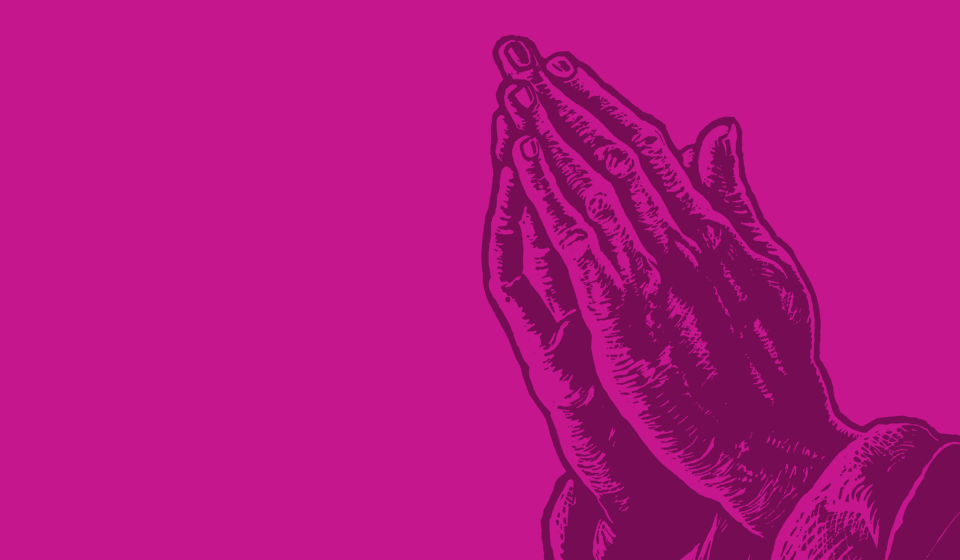Blog | Why being ‘arrestable’ is a big deal for Black and Minority Ethnic rebels
March 03, 2020

Chay Harwood was raised in a single parent family on low income. Since joining Extinction Rebellion in November 2018, Chay has been determined to highlight the inequalities in our society. He always knew that he would be part of a movement that fights for social justice and is determined to make Extinction Rebellion (XR) that movement.
Mass arrests have proven to be an extremely useful tool for social movements and protest groups over the course of our social history. Without a doubt, the mass arrests that ensued during our international rebellions have done wonders in bringing the climate and ecological emergency into the mainstream arena, raising our profile as a movement, showing that we are prepared to give up our liberty and causing mass disruption to the deadly ‘business as usual’.
However, being ‘arrestable’ is just not an option for some rebels and by some, I mean people from Minority Ethnic backgrounds. Since XR’s conception, there has been backlash from members of the public, prominent public figures, news outlets and fellow XR rebels, regarding our approach to policing and arrests and this is of no surprise.
According to 2019 Home Office statistics, Black people are three times more likely to be arrested than their Caucasian counterparts and people of Mixed Ethnicity are twice as likely. According to the Lammy Review 2017, Black people are 53% more likely to be convicted for an indictable offence that their Caucasian counterparts and Asian people are 55% more likely. Furthermore, people from diverse Ethnic backgrounds disproportionately make up 27% of the prison population, despite only making up 13% of the general population. Government statistics also show that Black people are more likely to experience being tasered and heavily retrained by the police.
A misguided analysis of these statistics may lead some to conclude that people from diverse Ethnic backgrounds simply commit more crime. This is not the case; these statistics display the failings of an institutionally racist Criminal Justice System and police force. Furthermore, the increased likelihood of being stopped and searched as a Black person (nine and a half times more likely than Caucasian), further increases the likelihood of arrest and imprisonment.
Tactics such as ‘Swamping’ are still used today despite their integral complicity in the Brixton Riots of 1981. ‘Operation Swamp 81’ was used to create a heavy police presence in areas of London where the population was multi-Ethnic. This operation saw over 1,000 Black and Minority Ethnic people stopped and searched over the course of just six days, in an aim to reduce crime using the ‘Sus Law’ – which worked in a similar way to ‘Stop and Search’ today.
Sadly, our Criminal Justice System does not hold the monopoly on entrenched racism and bias. The Guardian’s 2019 ‘Bias in Britain Series’ found that ‘unconscious bias’ on the basis of ethnicity impacts many areas of people’s lives, including employment.
In 2019, the Centre for Social Investigation at Nuffield College found that people from Minority Ethnic backgrounds send 60% more job applications than Caucasian applicants to receive the same amount of positive feedback. The BBC’s 2017 Inside Out London experiment found that people with ‘Muslim sounding names’ were three times less likely to be offered jobs than those with traditional English names. Similarly, a 2009 NatCen study found that job applicants with ‘White sounding’ names were 74% more likely to be successful with their applications than people with ‘Ethnic sounding’ names.
This is just one instance in which having a Criminal Record (for whatever reason) only serves to perpetuate the racism and bias experienced by people from diverse Ethnic backgrounds. So, is it any wonder that many feel dis-empowered to join a movement that hammers home the importance of mass arrests?
If we have any hope of becoming a movement that is truly representative of our society, we must take into account the historically turbulent relationship between the UK Criminal Justice System and Black and Minority Ethnic communities. We must also emphasise the multitude of amazing ways in which people can contribute and add value to our movement, without being ‘arrestable’ by default.
We should also take caution when showing admiration and extending our gratitude to a Criminal Justice System that has failed so many for so long. Recognising the ways in which our society discriminates against certain communities and Ethnic groups makes us much better placed to combat the climate and ecological emergency as a movement that is made up of people from all walks of life and cultural backgrounds.

Sign up to the XR Bristol Newsletter
Get the latest XR news and updates about actions and events in the Bristol area

Support us. Donate to XR Bristol
A monthly or one-off donation will help us raise awareness, train members and fund actions.
